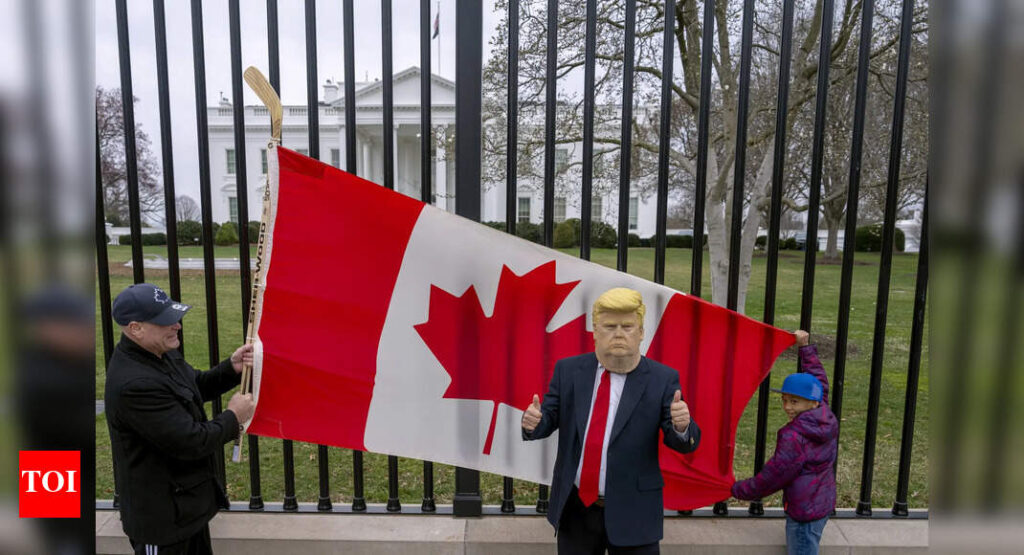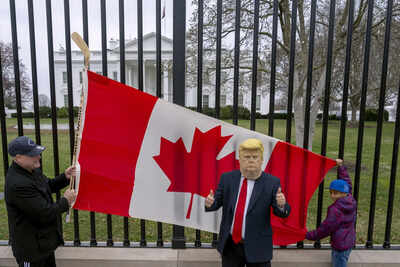Why do Canadians vote on Mondays? Here’s the 10-point explanation as country enters a high-stakes election

As Canadians voted in a high-stakes election overshadowed by US President Donald Trump‘s provocations, many asked a simple question: Why Monday?
While Canadians lined up to decide whether to back new Prime Minister Mark Carney and his Liberals or swing right to Pierre Poilievre’s Conservatives, Trump stirred controversy from afar, suggesting Canada should just become the “51st state” — even claiming the US subsidizes its northern neighbor. His outburst sent shockwaves through a tense election already defined by fears of economic conflict and political annexation.
Meanwhile, behind the drama, a tradition quietly persisted: Canada’s unwavering choice of Monday for federal elections. Here’s why:
Why federal elections take place on Monday: Some important reasons
As per Elections Canada, voting must take place on a Monday with the campaign being between 37 and 51 days.
- Voters have the weekend to prepare
Elections on Monday give Canadians two full days prior to arrange traveling, work out work schedules, and get themselves ready to go and vote.
- Setup time for polling stations
Polling stations require setup time. Saturday and Sunday are reserved by election officials and volunteers to establish voting centres without interfering with typical weekday schedules.
- Fixed election dates prevent political manipulation
A Canada Elections Act amendment proposed by former Prime Minister Stephen Harper ensures that general elections are held every four years on the third Monday in October. Harper contended, “Fixed election dates prevent governments from calling snap elections for short-term political advantage.”
- What if it’s a public holiday?
If the planned Monday is a national holiday — such as Thanksgiving — voting shifts to the following day, Tuesday.
In 2008, the federal election took place on Tuesday, October 14, because Thanksgiving fell on Monday, October 13.
- Multiple parties in the race
This year’s election has all significant players: Liberal Party, Conservative Party, New Democratic Party (NDP), Bloc Québécois, and the Green Party.
- Timeline of preliminary and final results
Preliminary results will come on election night, followed by final certified results two to three days later following a careful re-examination.
- Carney ahead with a narrow lead
Last-minute polls predicted a close contest but had Carney narrowly in the lead. Voters repeatedly deemed the ex-central banker more capable of dealing with Trump’s erratic threats.
- Trump’s shadow looms large
Carney consistently cautioned that Trump’s America “wants to break us, so they can own us.” Meanwhile, Poilievre, a 45-year-old veteran politician, emphasized issues at home, such as Canada’s skyrocketing cost of living — agitations that contributed to the Liberal erosion of support over the last decade.






